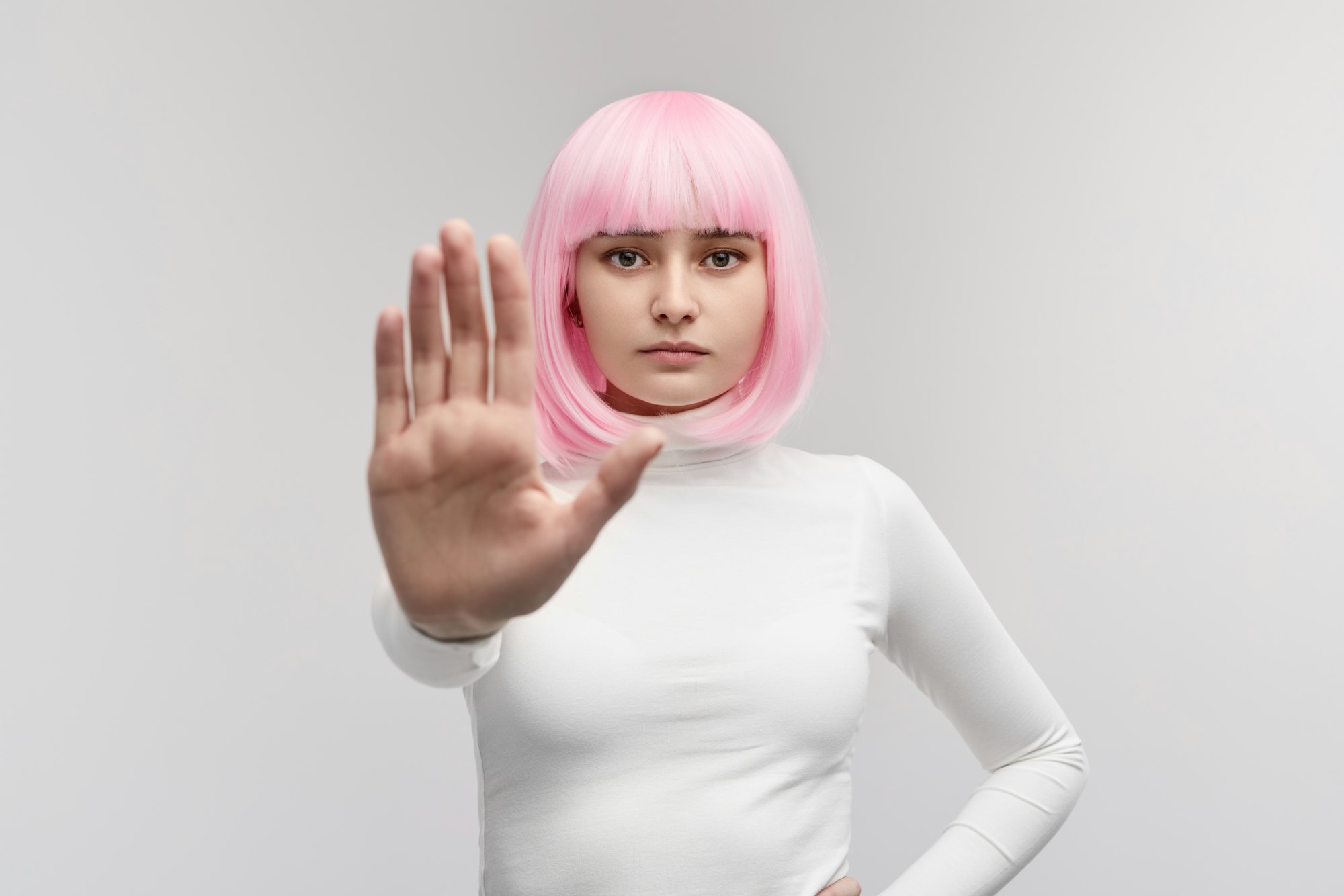Legal Impact of Banning AI Tools for Sex Offenders
Background Information
In a groundbreaking UK court decision, a sex offender has been banned from using AI generation tools. This ruling is significant as it sets a new legal precedent that could affect future digital tool restrictions for individuals convicted of similar crimes.

Details of the Court Order
Anthony Dover, a 48-year-old man, was convicted for producing over 1,000 indecent images of children using AI technology. As a part of his punishment, he is now forbidden from accessing any AI tools that can create text or images. He needs police permission to use such technologies to prevent him from making “deepfake” images, which are realistic but fake images that can be used to exploit children further.
Abuse of AI Technology and Legal Changes
Growth of AI in Creating Explicit Images
AI advancements have led to the creation of “deepfakes,” very realistic synthetic images. These tools have been misused to make and share child sexual abuse materials. The UK has recognized this issue and is now making it a crime to create unauthorized deepfakes of anyone over 18, highlighting the need for laws to keep up with technology that can invade personal privacy and safety.
Current Laws
The laws already make it illegal to have, make, or share artificial images of child abuse that look real. These laws date back to the 1990s and were designed to tackle early forms of digitally altered abuse images.
How to Monitor and Prevent Misuse
Law Enforcement’s Role in AI Restrictions
The restrictions placed on Dover are part of a broader cautionary approach by the legal system towards AI capabilities. These restrictions help prevent Dover from reoffending and reduce the risk of new crimes being committed with AI.
What This Could Mean for Future Laws
The careful setting of these restrictions is essential. They must protect the public without infringing too much on individual rights. This case might lead to more common AI usage restrictions among convicted sex offenders and could influence laws in other countries.
Social and Ethical Issues
Balancing Rehabilitation and Public Safety
There’s a delicate balance between rehabilitating offenders and keeping the public safe. Restrictions on technology must be fair and help reintegrate offenders into society without giving them opportunities to reoffend.
The Responsibility of Tech Companies
Companies that develop AI are being pressured to ensure their tools aren’t used for harm. For example, Stability AI needs to prevent its platforms from being used to create illegal content.
Keeping Up with Technology and Law
Challenges in Law Enforcement
AI technology is rapidly evolving, making it hard to regulate and control. Both legal and technological frameworks need to advance to effectively manage these challenges and protect the public.
Future Legal and Technological Changes
As AI tools get better and more widespread, the legal system must update its regulations to prevent misuse while supporting technological advancement. This will probably require tougher laws and new ways to monitor technology use to maintain safety without hindering innovation.
This text simplifies a complex legal case where the UK court has restricted a sex offender from using AI tools to prevent further abuse. It discusses the implications for laws, the ethical considerations, and the responsibilities of tech companies in managing content generation.

Frequently Asked Questions (FAQs)
1. What exactly are “deepfake” images?
Deepfake images are highly realistic digital images or videos created using artificial intelligence (AI) technology. These images can be so convincing that they appear to be real, even though they are entirely synthetic. Deepfakes are often used to create false representations of people, such as in scenarios involving child exploitation or other illegal activities.
2. Why was Anthony Dover banned from using AI tools?
Anthony Dover was banned from using AI tools because he was convicted of creating over 1,000 indecent images of children using these technologies. The court imposed this restriction to prevent him from committing similar offenses in the future by denying him access to the technology needed to create such images.
3. How do legal authorities monitor offenders like Dover with such restrictions?
Legal authorities monitor offenders who are restricted from using certain technologies by requiring them to seek permission before accessing AI tools. Offenders may need to provide justification for their need to use these tools, and their usage may be supervised to ensure they are not misusing the technology.
4. Can technology companies be held liable for misuse of their AI platforms?
Yes, technology companies can be held liable if their platforms are used to commit crimes, especially if they do not take adequate steps to prevent such misuse. Companies are expected to implement robust monitoring and control systems to detect and prevent the creation and distribution of illegal content.
5. What are the challenges in enforcing bans on AI tool usage?
Enforcing bans on AI tool usage involves several challenges including identifying and defining the specific tools to be banned, monitoring offenders’ activities online without infringing on privacy excessively, and keeping up with technological advancements that may provide new ways to circumvent restrictions. Additionally, enforcing such bans requires continuous collaboration between legal authorities and technology providers.
These FAQs address the key concerns surrounding the use of AI tools in creating deepfake imagery and the legal and ethical considerations of monitoring and restricting such activities.
Sources The Guardian


